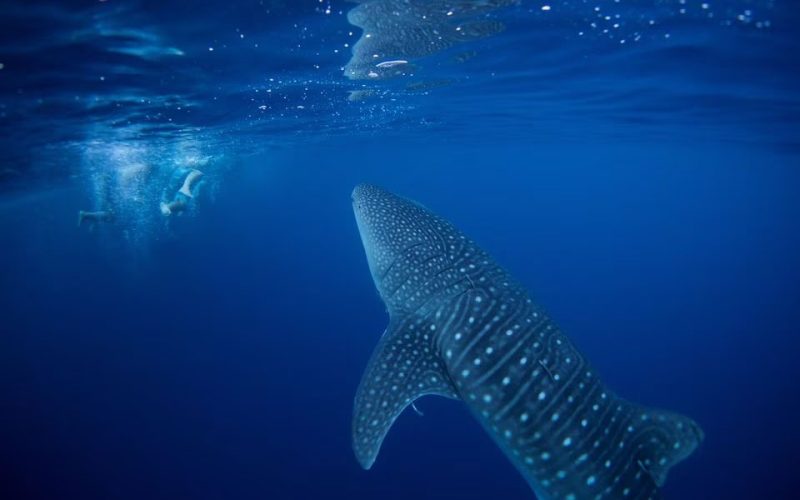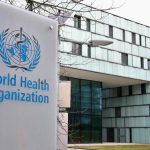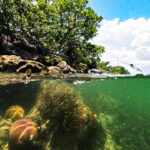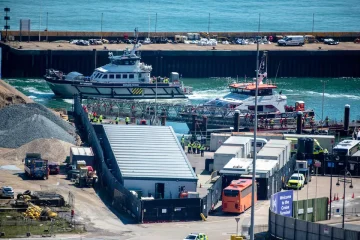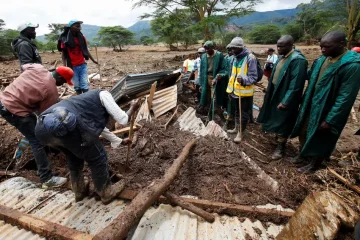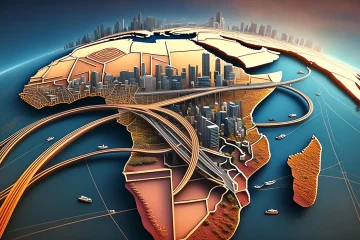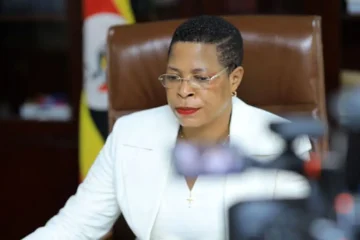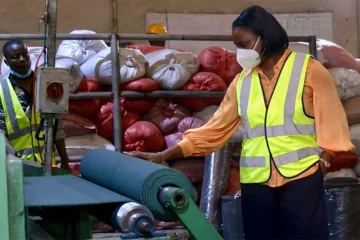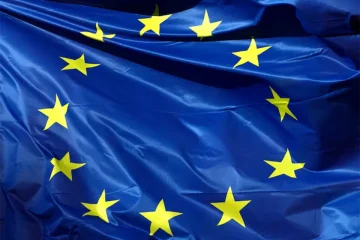BIRD STORY AGENCY
AFTER years of negotiations, United Nations members finally forged the long-awaited and elusive treaty to safeguard the world’s marine biodiversity.
The announcement was made on March 5, 2023, after two weeks of negotiations at the UN headquarters in New York, when nearly 200 countries agreed to a legally-binding “High Seas Treaty” to protect marine life in international waters.
“This agreement will guarantee a replenished ocean that has the potential to help feed the growing population in Africa,” said Fidel Owusu, a Ghanaian International Relations and Geopolitical analyst.
The talks formally called the Intergovernmental Conference on Marine Biodiversity of Areas Beyond National Jurisdiction, include a commitment by developed countries to have 50% of their annual financial contributions directed to fund capacity-building projects in developing countries.
According to the UN, the ‘High Seas Treaty’ legal framework would place 30 per cent of the world’s oceans into protected areas, put more money into marine conservation, and cover access to and use of marine genetic resources.
This agreement is particularly significant for Africa, which has a long coastline and rich marine ecosystems that are critical for the health and resilience of global marine biodiversity.
“More than two-thirds of the 54 sovereign states in Africa are coastal states. Thirty-eight are littoral states while 6 are Island states,” Owusu explained.
“Africa has two main Oceans and several seas… the Atlantic waters cover the entire west while the Indian Ocean borders the East. The two meet at Cape Agulhas in the south. The Mediterranean Sea is in the North, and the Red sea in the North East,” he added.
He explained that while individual states have juridical laws that manage immediate coastlines, “the health of their waters is linked to the contiguous ocean that forms the high seas.”
Therefore, the agreement will ensure regulated activity in the deep sea waters, which could positively impact biodiversity and the health of marine life in the linked African waters, according to Owusu.
The eventual implementation of the agreement will also assure sustainability in Africa’s ocean and sea economy as the coastline attractions, such as the coral reefs, will be more protected.
“The High Seas Treaty opens the path for humankind to provide protection to marine life finally,” Bruno Oberle, the Director General of the International Union for Conservation of Nature (IUCN), said.
“Its adoption will close a significant gap in international law and offer a framework for governments to work together to protect global ocean health,” he stated.
The Agreement moves to the next stage, where countries formally adopt and ratify the treaty and map marine spaces to be considered sanctuaries.
According to Owusu, Africa will also benefit from marine technology transfer shared by developed nations as required in the agreement.
“This will help developing countries conserve and sustainably use marine biodiversity since Africa has the potential to discover more resources in the high seas adjacent to its territorial waters,” added Owusu.
Known for their rich biodiversity, high seas have been left vulnerable and open to exploitation by any able and willing parties, excluding most of Africa due to technological limitations.
“The new deal could further accelerate African states to enact laws against domestic activities that affect the seas…for example, plastic waste management,” he said.
The International Union for Conservation of Nature estimates only about 1% of the high seas are protected, yet high seas occupy 43% of the earth’s surface.
“The new deal provides a legal framework within which exploitation of the resources can be done while protecting the ecosystem,” Owusu said.

